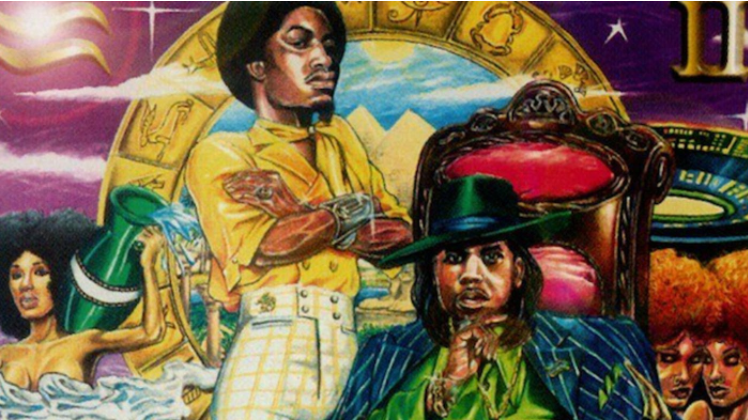When Rolling Stone published their first “500 Greatest Albums of All Time” list in 2003, it was a pretty contentious piece of writing. The list remains as Rolling Stone’s most viewed and debated article ever featured. Their website states that just last year, the list received over 63 million views. Rolling Stone updated the list slightly in 2012, but this is the year the original music canon got a major upheaval.
Rolling Stone’s new “500 Greatest Albums of All Time” is still largely packed with the same so-called staples of popular music: singer-songwriter Bob Dylan, rock bands The Beatles and Radiohead and various other white guys. And maybe those classics are classics for a reason – they were, in one way or another, important to music history. Those might never change. But Rolling Stone’s newest list includes 186 new albums and an awful lot of reshuffling.
The new list’s top 50 spots now include 24 albums by Black artists, as opposed to the original list’s pitiful 11 inclusions. However, only seven albums made by women reached the top 50. Some important women’s albums that cracked the list: singer Beyoncé’s “Lemonade,” singer-songwriter Amy Winehouse’s “Back to Black,” Aretha Franklin’s “I Never Loved a Man the Way I Love You,” and Lauryn Hill’s eponymous “The Miseducation of Lauryn Hill.”
Still, it seems awfully dubious how few there are.
The real diversity achieved in Rolling Stone’s updated list was in its contributors. The magazine’s staff writers first put the newest list together, and then an outside 300 voters made up of musicians, songwriters, industry insiders and other music journalists made lists of their top 50 albums. Among the top names who gave their input were Beyoncé, composer Lin Manuel-Miranda, singer Taylor Swift and singer-songwriters H.E.R. and Billie Eilish. The musicians and music journalists polled are finally starting to accurately depict the diversity of the music industry at large.
Listeners should still take “The 500 Greatest Albums of All Time” with a grain of salt. It impacts music listeners very little to know what albums they consider as “classics,” particularly in the era of streaming, where any person who loves music can carve out their own niche taste. But there is still value in disrupting and chipping away at the old music canon until it represents the incredible contributions of artists of all races, genders and sexualities. The Rolling Stone list is still lacking in many areas, but it is also more wholly inclusive of the albums that inspire other great music and shape the human experience through sound.
If nothing else, rest assured that from the old “500 Greatest Albums of All Time” to the new one, hip-hop duo Outkast’s “Aquemini” jumped an extreme 450 spots from number 500 on the list to number 50.
allison.harris@mail.umkc.edu








